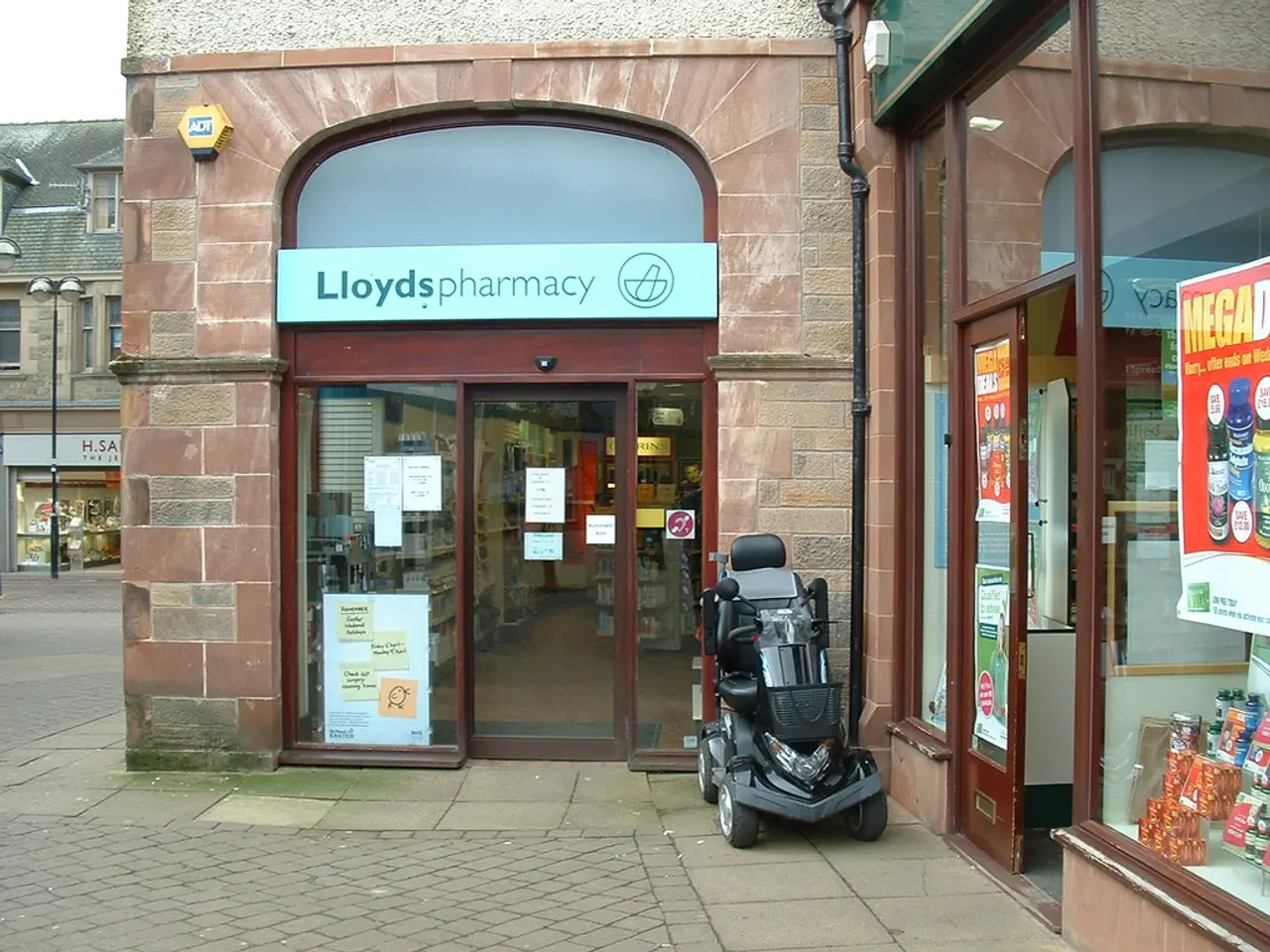Pharmaceutical sector stakeholders aim for unified actions
In a recent high-level stakeholders' engagement in Abuja, the call for harmonisation of pharmaceutical activities in Nigeria was reiterated. This harmonisation, aimed at eliminating duplication, enhancing efficiency, and improving access to quality medicines and health products, has been commended by various experts and organisations.
Dr Abdu Mukhtar, National Coordinator of the Pharmaceutical Value Chain Transformation Committee (PVAC), praised the ongoing efforts under the IMPACT project. He emphasised the committee's focus on catalysing local production and attracting sustainable investment.
Dr Tayo Hamzat, Supply Chain Management Officer at the Africa Resource Center for Excellence in Supply Chain Management Ltd/GTE, made the initial call for harmonisation. He highlighted the potential benefits, which include faster access to health products, lower costs, improved efficiency, and better regulatory oversight.
Dr Muhammad Balarabe, Technical Associate at PVAC, echoed these sentiments, emphasising the committee's focus on creating a unified, efficient pharmaceutical ecosystem in Nigeria.
The meeting saw key government agencies, development partners, and private sector actors reaffirm a shared commitment to this cause. Dr Anthony Ayeke, Programme Manager for Health and Nutrition at the EU Delegation to Nigeria and ECOWAS, reaffirmed the EU's commitment to supporting a resilient, locally driven pharmaceutical sector.
Dr Ayeke also recommended regulatory streamlining, value chain capacity building, innovation, and public-private partnerships as key strategies to achieve this goal. He further stated that harmonisation can accelerate local production, reduce import dependency, and improve healthcare system resilience.
Dr Obi Adigwe, Director-General of NIPRD, highlighted the issue of fragmented interventions and redundant regulations stunting growth in the pharmaceutical sector. He urged stakeholders to develop practical short, medium, and long-term strategies to make Nigeria's pharmaceutical sector self-reliant, globally competitive, and able to meet national healthcare demands.
Prof. Philip Builders, Professor of Pharmaceutics at NIPRD, added that equitable access to quality medicine is the foundation of universal healthcare. He supports the collaboration for harmonisation.
Dr Francis Ohanyido, Director-General of the West Africa Institute of Public Health, also expressed his support for the initiative.
While not directly related to the pharmaceutical sector in Nigeria, it's worth noting that Ebonyi state recently received 3,500 doses of anti-rabies vaccine. This underscores the importance of a functional and efficient pharmaceutical sector in ensuring the availability of essential health products.
The article was edited by Abiemwense Moru. The harmonisation of pharmaceutical activities in Nigeria promises a future of improved healthcare access, reduced costs, and a more resilient healthcare system.
Read also:
- Is it advisable to utilize your personal health insurance in a publicly-funded medical facility?
- Dietary strategies for IBS elimination: Aims and execution methods
- Benefits, suitable dosage, and safety considerations for utilizing pumpkin seed oil in treating an overactive bladder
- Harmful Medical Remedies: A Misguided Approach to Healing






